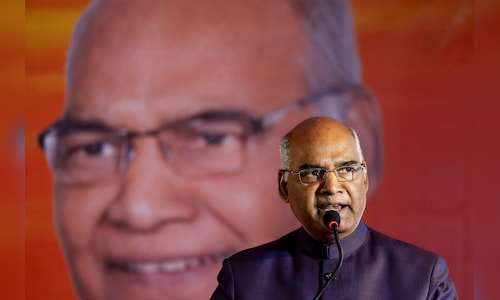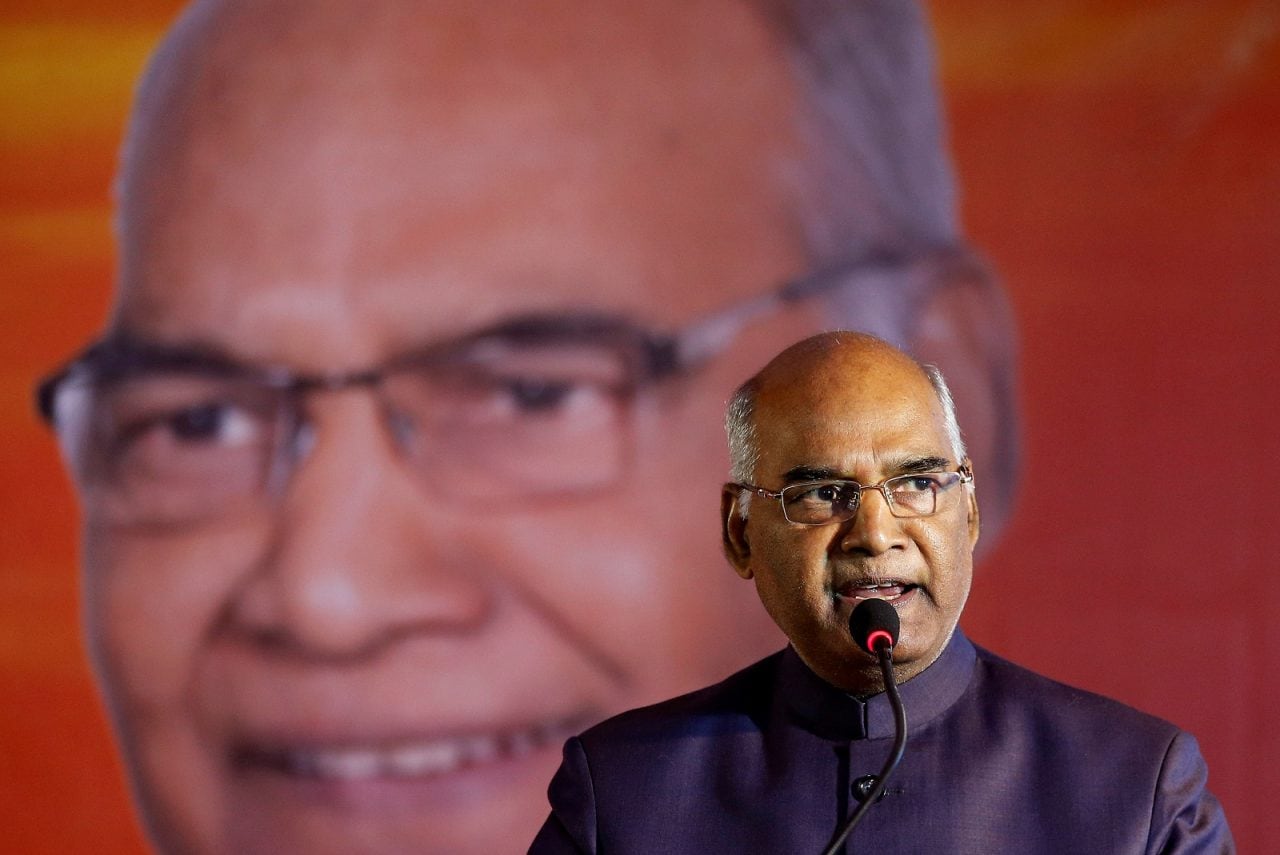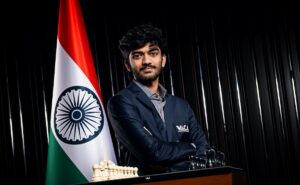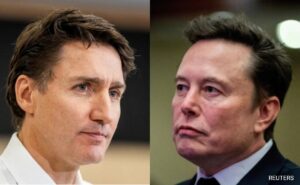

The proposal and the report
The Cabinet, in September this year, approved the proposal for One Nation One Election (ONOE), paving the way for simultaneous Lok Sabha and state Assembly polls. The Cabinet accepted the report submitted by the panel headed by Kovind.
In March 2024, Kovind submitted a comprehensive 18,626-page report to President Droupadi Murmu, culminating 191 days of rigorous consultations, expert opinions, and research since the committee’s inception on September 2, 2023.
The report reflected inputs from 47 political parties, 32 of which supported simultaneous elections, along with 21,558 responses from citizens, with 80% backing the proposal. Expert opinions from four former chief justices of India, 12 former chief justices of major high courts, four former chief election commissioners and the Election Commission were sought.
“Responses were received from 47 political parties. Barring 15 political parties, the remaining 32 political parties not only favoured the system of simultaneous elections, but also advocated its adoption for saving scarce resources, protecting social harmony, and stimulating economic development,” the report said.
“Those who opposed simultaneous elections raised apprehensions that its adoption could violate the basic structure of the Constitution, be anti-democratic and anti-federal, marginalise regional parties, encourage the dominance of national parties, and result in a presidential form of government,” it added.
Parties who supported and opposed
Among the national parties, the Congress, Aam Aadmi Party (AAP), Bahujan Samaj Party (BSP), and the Communist Party of India (Marxist) opposed the proposal, while the Bharatiya Janata Party (BJP) and the National People’s Party (NPP) supported it.
The report revealed that the Congress, AAP, and CPI(M) rejected the proposal, arguing that it undermines democracy and the basic structure of the Constitution. The BSP, while not explicitly opposing it, raised concerns over the large territorial extent and population of India, making its implementation challenging.
The Samajwadi Party (SP) expressed concerns that simultaneous elections would disadvantage state-level parties, particularly in terms of electoral strategy and expenditure, leading to increased discord between state and national parties.
Among state parties, the AIUDF, Trinamool Congress, AIMIM, CPI, DMK, Naga People’s Front, and SP opposed the proposal, while the AIADMK, All Jharkhand Students’ Union, Apna Dal (Soney Lal), ASOM Gana Parishad, Biju Janata Dal, Mizo National Front, Nationalist Democratic Progressive Party, Shiv Sena, Janata Dal (United), Sikkim Krantikari Morcha, Shiromani Akali Dal, and United People’s Party Liberal supported it.
Other parties, including Bharat Rashtra Samithi, Indian Union Muslim League, Jammu and Kashmir National Conference, Janata Dal (Secular), Jharkhand Mukti Morcha, Kerala Congress (M), Nationalist Congress Party, Rashtriya Janata Dal, Rashtriya Loktantrik Party, Revolutionary Socialist Party, Sikkim Democratic Front, Telugu Desam Party, and YSR Congress Party, did not respond.
Members of the committee
The committee, which played a crucial role in crafting the report, included eminent members such as Union Home Minister Amit Shah, Ghulam Nabi Azad, N.K. Singh, Subhash C. Kashyap, Harish Salve, and Sanjay Kothari. Law Minister Arjun Ram Meghwal participated as a special invitee, and Law Secretary Niten Chandra served as the panel’s secretary.
Key recommendations
The top 10 recommendations on simultaneous polls made by the high-level panel on ‘One Nation, One Election’ are as follows:
1. The government must develop a legally-tenable mechanism in order to restore the cycle of simultaneous elections.
2. In the first stage, elections for the Lok Sabha and all state legislative Assemblies can be held together.
3. In the second step, the elections to municipalities and panchayats will be synchronised with the Lok Sabha and state Assemblies in such a way that the polls to municipalities and panchayats are held within 100 days of the parliamentary and Assembly elections.
4. For the purpose of synchronising the Lok Sabha and Assembly elections, the president shall notify the date of the first sitting of the Lok Sabha after a general election as the “appointed date.”
5. The tenure of all state Assemblies formed via polls after the “appointed date” and before the expiry of the full term of the Lok Sabha will only be for the period ending up to the subsequent parliamentary polls. After this one-time transitory measure, all Lok Sabha and Assembly polls will be held simultaneously.
6. Fresh elections could be held to constitute a new Lok Sabha in the event of a hung House or a no-confidence motion or any such event.
7. Where fresh elections are held for the House of the People (Lok Sabha), the tenure of the House will be “only for the unexpired (remaining) term of the immediately preceding full term of the House.”
8. When fresh elections are held for State Legislative Assemblies, then such new Assemblies — unless sooner dissolved — shall continue up to the end of the full term of the Lok Sabha.
9. A single electoral roll and elector’s photo identity card (EPIC) shall be prepared by the Election Commission (EC) in consultation with the State Election Commissions and the same will substitute any other electoral roll prepared by the EC.
10. For making logistical arrangements for the conduct of simultaneous elections, the EC may draw up a plan and estimate in advance for the procurement of equipment, such as EVMs and VVPATs, deployment of polling personnel and security forces and make other necessary arrangements.
Why ONOE?
One Nation, One Election is a concept aimed at synchronising elections for the Lok Sabha and State Legislative Assemblies, as was the norm in India from 1951-52 to 1967. This initiative seeks to bring back the simultaneous election cycle to address issues such as financial expenditure, administrative burden, and developmental disruptions caused by frequent elections.
Simultaneous elections were the norm in India until 1967. The ONOE proposal aims to bring back this practice, reducing election-related costs, improving administrative efficiency, and minimising the frequency of election-related disruptions.



